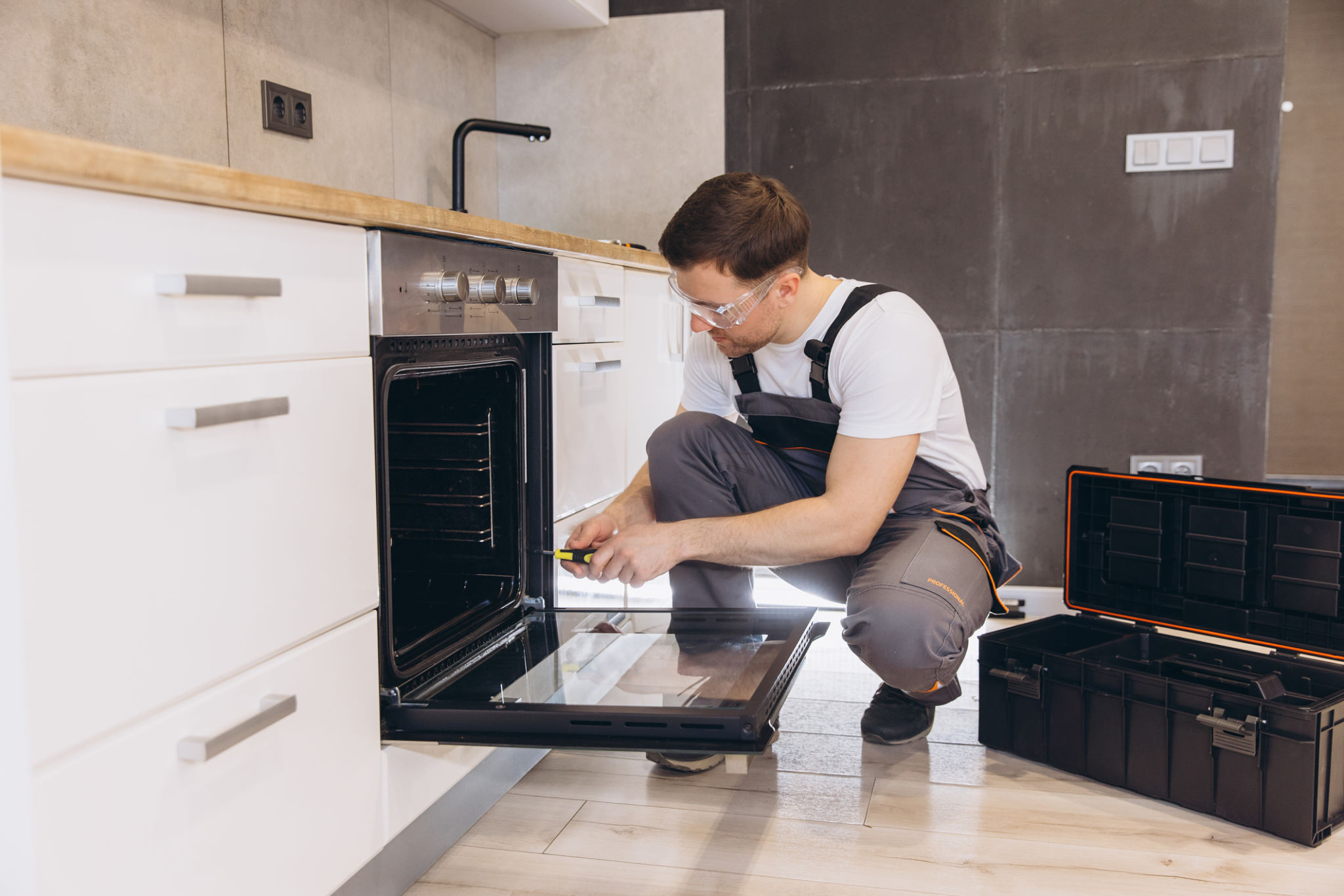Expert Insights: When to Repair vs. Replace Your Appliances
Understanding the Lifespan of Your Appliances
Appliances are integral to our daily lives, and understanding their typical lifespan is the first step in making informed decisions about repairing or replacing them. Most major appliances have an average lifespan of 10 to 15 years, though this can vary based on usage, brand, and maintenance. Knowing the age and condition of your appliance helps in evaluating whether a repair is worth the investment.

Calculating Repair Costs
One of the primary considerations when deciding between repair and replacement is the cost of repair. A general rule of thumb is if the repair costs more than 50% of the price of a new appliance, it may be more economical to replace it. Additionally, frequent repairs can be a sign that your appliance is nearing the end of its useful life.
Warranty and Service Plans
Checking if your appliance is still under warranty can also influence your decision. A warranty may cover certain repairs, reducing your out-of-pocket expenses. Some homeowners opt for extended service plans, which can be beneficial for high-end appliances with expensive repair costs.

Environmental Impact and Energy Efficiency
Replacing an old appliance with a new, energy-efficient model can significantly reduce your energy bills and environmental footprint. Modern appliances are designed to be more efficient, using less water and electricity. This can be a compelling reason to replace rather than repair, especially if your current model is over a decade old.
Energy Star Ratings
When considering replacement, look for appliances with Energy Star ratings. These products meet strict energy efficiency criteria set by the Environmental Protection Agency and can lead to substantial savings on your utility bills over time.

Assessing Appliance Performance
If your appliance is not performing as efficiently as it once did, it might be time to consider replacement. Decreased performance often leads to higher energy consumption and can ultimately cost more in the long run. Evaluate whether the appliance's performance issues are minor or indicate a more significant underlying problem.
Signs of Major Issues
Look for signs like unusual noises, leaks, or inconsistent operation. These can indicate major mechanical or electrical issues that may not be cost-effective to repair. Consulting with a professional technician can provide clarity on whether the issue is minor or a sign of imminent failure.
Making an Informed Decision
Ultimately, the decision to repair or replace an appliance depends on various factors including cost, performance, and efficiency. By evaluating these aspects carefully, you can make a decision that best suits your needs and budget. Keeping abreast of expert insights and market trends can also help you stay informed about the latest in appliance technology and efficiency standards.
